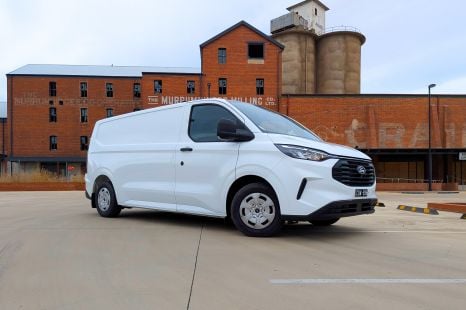

William Stopford
4 Days Ago
Hyundai is reportedly seeking to increase production efficiency and reduce costs by implementing Tesla’s mass-production technique.
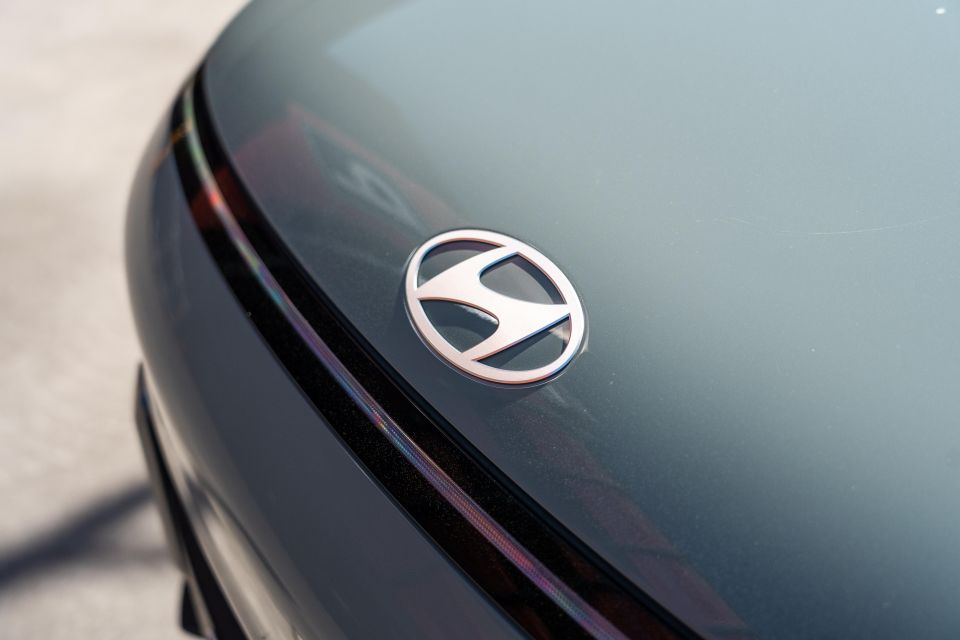
Hyundai Motor Company is reportedly looking to implement an innovative production tool employed by Tesla to speed up production.
Korea’s Hankyung reports Hyundai will use a similar production method to Tesla’s giga-casting in its own production plants by 2026.
After conducting an internal review focussed on future growth, the company reportedly aims to drive investment in new businesses and electrified components – and it wants to transform factories in Korea producing combustion-powered vehicles into ‘core manufacturing bases for future vehicles’.
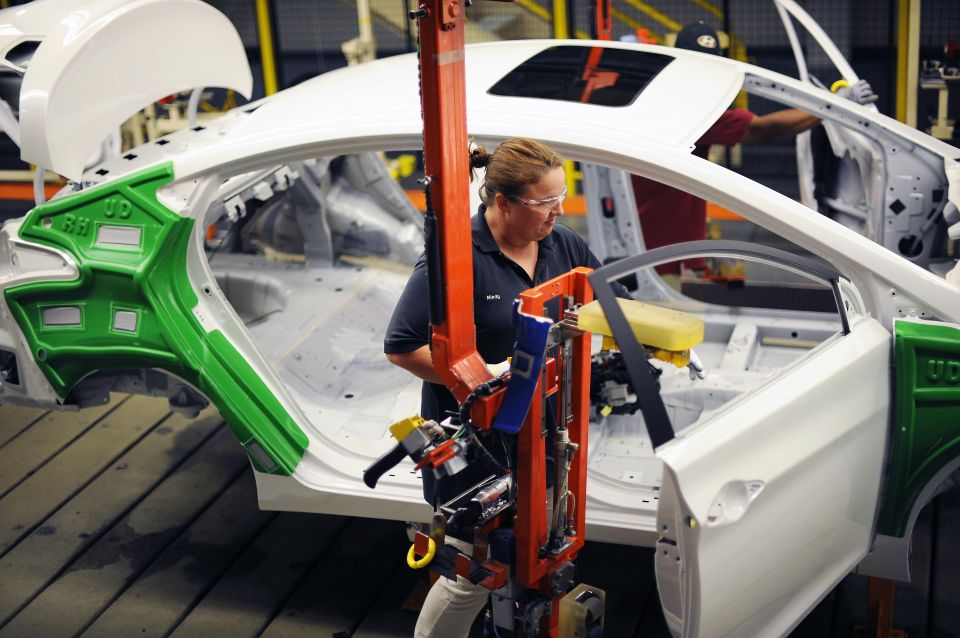
As part of this directive, Hyundai will reportedly use hyper-casting to increase production efficiency and speed, lower production costs and importantly for electric cars, lower kerb weights.
Tesla has reportedly lowered production costs by 30 per cent after it introduced its giga-casting production method in 2020.
Hyundai is reportedly benchmarking Tesla’s giga-casting method, which involves large die-casting machines to stamp out larger chassis components than previously possible.
Rather than casting numerous smaller parts of a chassis, drilling thousands of holes and spot-welding or bonding those pieces together, giga-casting can stamp out a whole chassis in one operation.
To achieve this, giga-casting machines press down on a unique aluminium alloyed plate. The machine can then exert 6,000 to 9,000 tons of force to stamp out the car body.
Hyundai reportedly plans to build its own processing, casting and assembly plant so the process can be implemented by 2026. The project is currently in the planning phase with construction to begin next year.
Toyota, Volvo and Volkswagen are also reportedly preparing to implement similar processes.
In addition to hyper-casting, Hyundai is reviewing investment for internalising hydrogen and battery technologies.
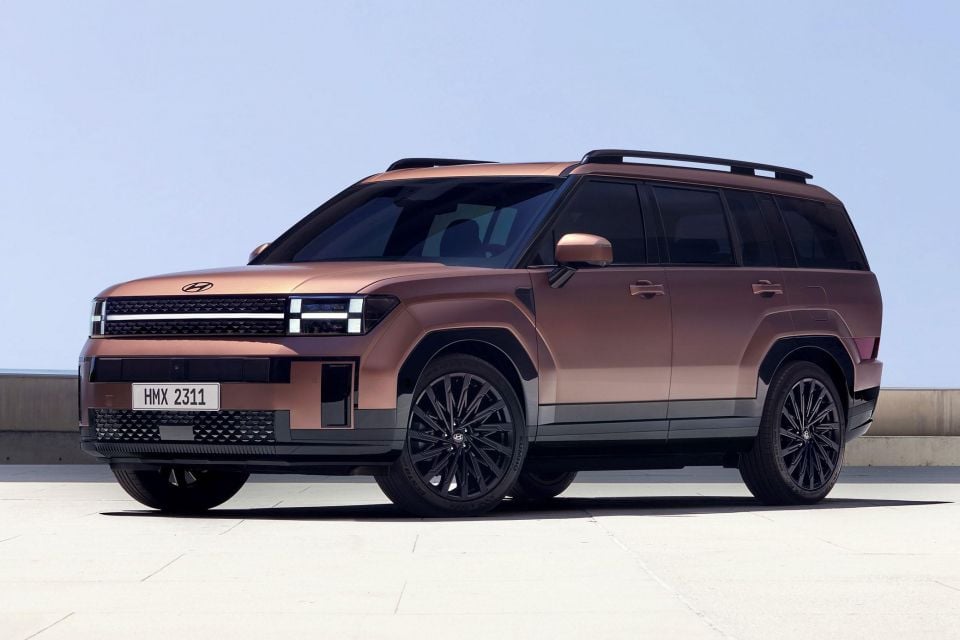
Hyundai Motor Company reportedly plans to take the development of hydrogen fuel cell technology first developed by Hyundai Mobis in-house. Further expansion remains a possibility if the venture is successful.
In an effort to further increase production efficiency, Hyundai is reportedly also considering building a highly adaptable factory for low-volume production.
The factory’s role would be to produce more unique products that aren’t compatible with a standard production line such as concept vehicles, luxury models as well as limited edition and convertible models.
The company also reportedly intends to continuously review the possibility of taking battery development in-house along with other components. The next Hyundai Santa Fe reportedly features a battery used in its hybrid drivetrain that was built in-house.
Take advantage of Australia's BIGGEST new car website to find a great deal on a Hyundai.


William Stopford
4 Days Ago
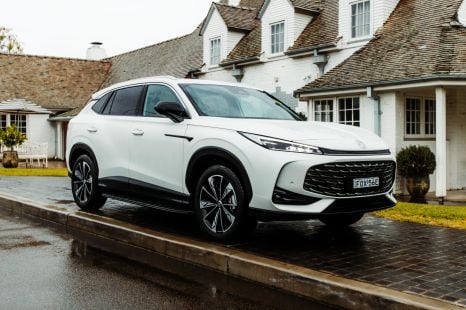

James Wong
2 Days Ago
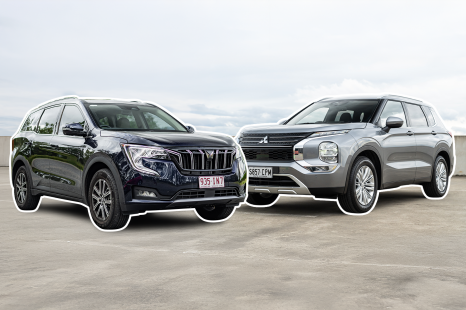

Andrew Maclean
2 Days Ago
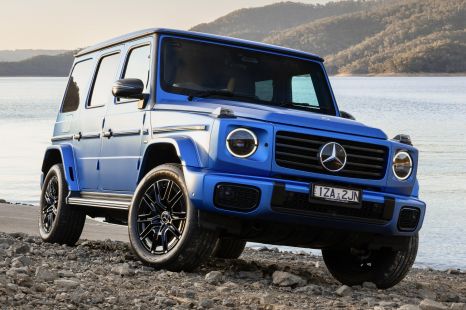

Max Davies
2 Days Ago
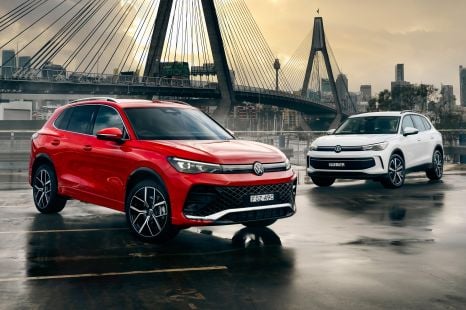

Max Davies
1 Day Ago
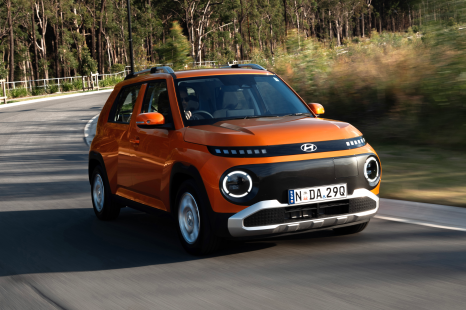

Josh Nevett
21 Hours Ago